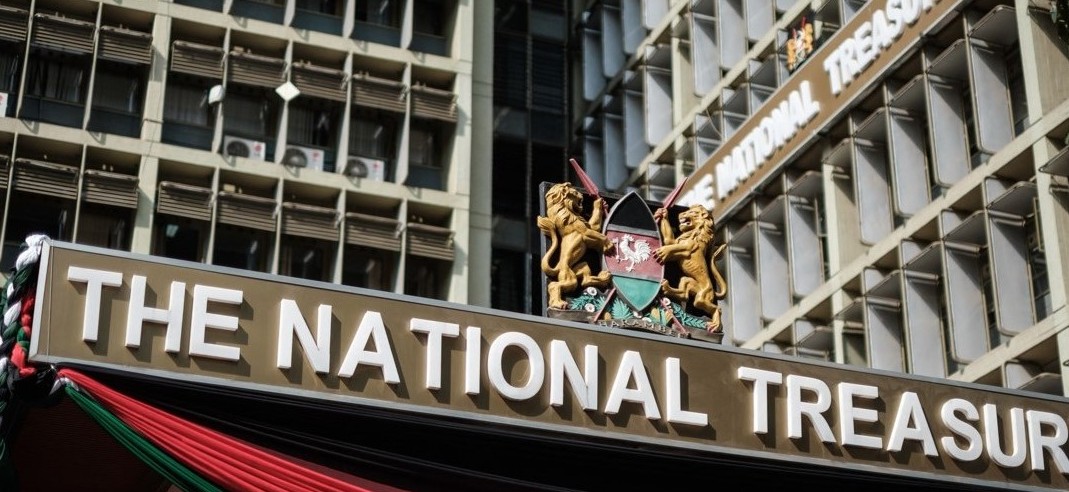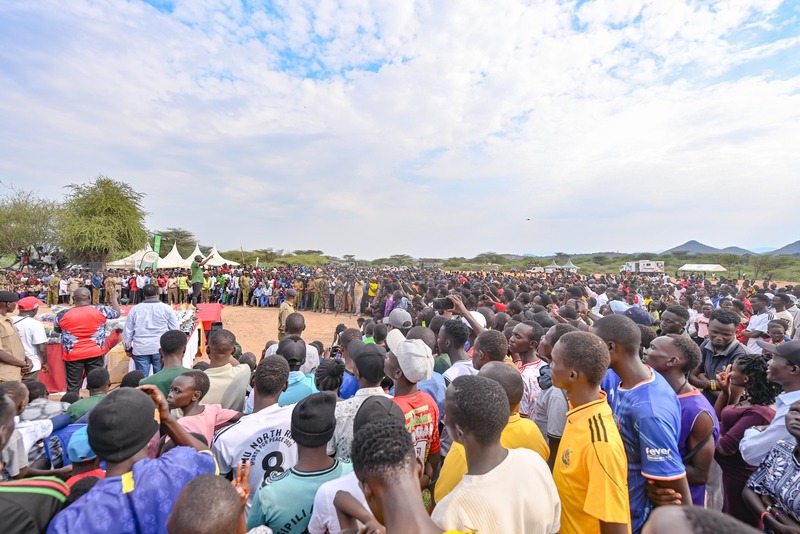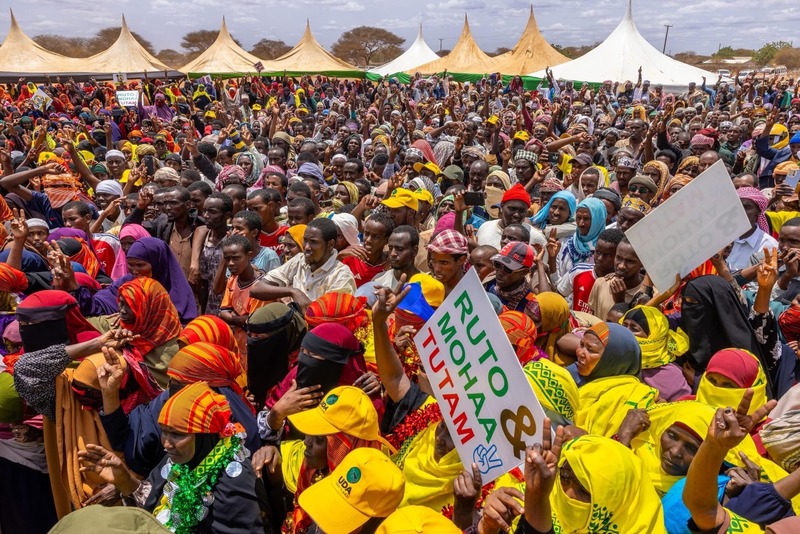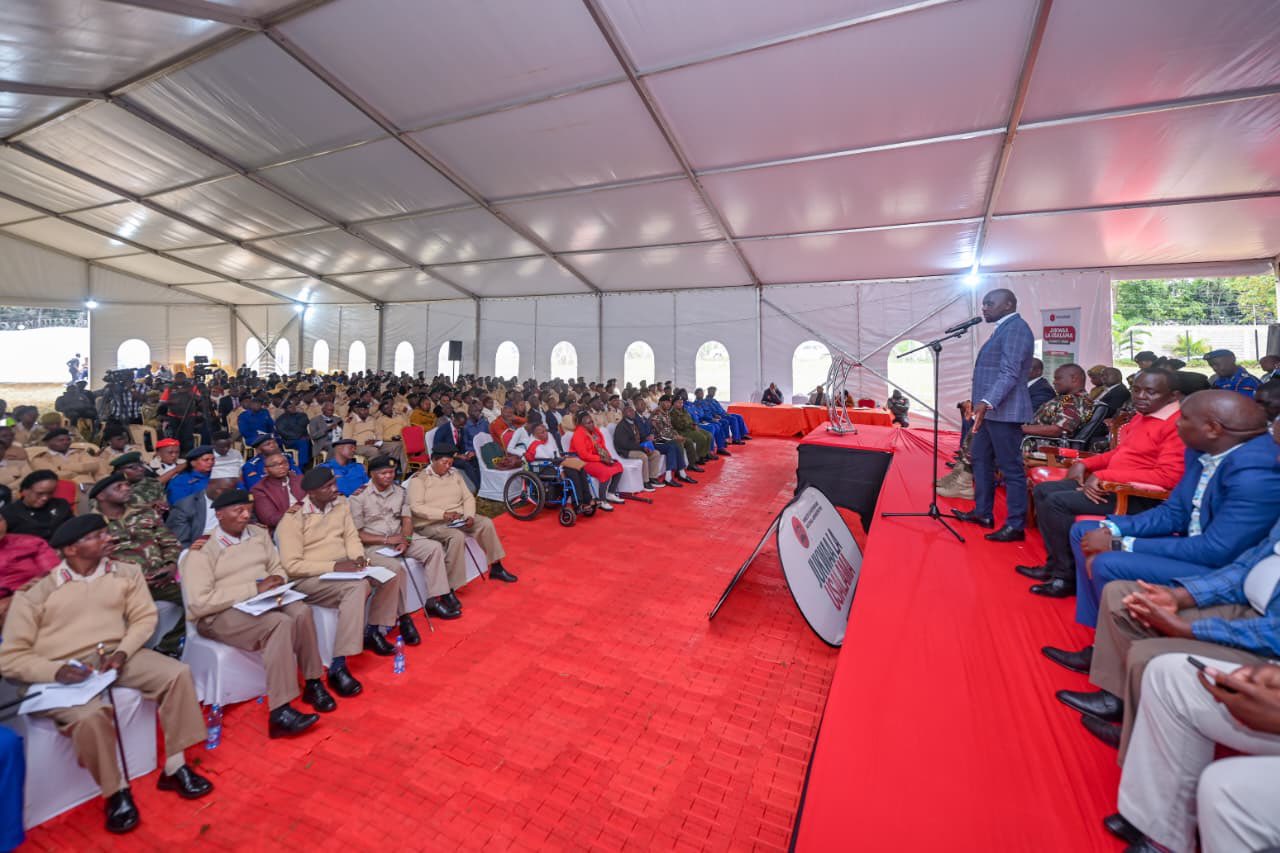Devolution ministry gets Sh8bn boost in budget to strengthen county service delivery

The increase comes in the wake of the December 2024 gazettement that formalised the transfer of additional functions from the national to county governments.
In a bid to strengthen devolution and boost county service delivery, the government has allocated Sh8 billion to the Devolution Department, up by 435 per cent from Sh1.5 billion, making it one of the biggest winners in the 2025/26 budget.
The funds will support training, oversight and capacity-building in struggling counties.
More To Read
- KNUT rejects Raila's proposal to devolve education
- Treasury CS warns counties on growing Sh103 billion pension debt, calls for reforms
- Gitobu Imanyara: Why President Ruto does not believe in devolution
- Raila pushes for expanded devolution, says counties should run schools and local infrastructure
- Defiant Sifuna attacks Ruto again, accuses him of undermining devolution
- Why delayed county funding threatens devolution: CoG raises alarm over National Treasury failures
According to the budget estimates, the State Department for Devolution’s allocation will rise sharply to Sh8 billion in the 2025/26 fiscal year, a move that signals a deliberate push to enhance county capacity and address long-standing gaps in the devolution process.
The department, which acts as a crucial link between the national and county governments, offers technical support, training, and coordination in areas such as disaster management and shared functions.
It also oversees major initiatives like the World Bank-funded Kenya Devolution Support Programme (KDSP), which has improved financial management and governance in several counties through performance-based incentives and capacity-building.
With the expanded budget, the department plans to intensify training for county officials on financial management, including budgeting, accounting, and procurement compliance, to curb mismanagement and irregular spending.
Implement projects efficiently
“It will focus on strengthening counties’ capacity to implement projects efficiently and deliver measurable outcomes for residents,” the Treasury said.
The department also intends to bolster coordination mechanisms in disaster response.
Counties often bear the brunt of natural disasters such as floods and droughts but lack adequate resources and systems for swift action.
The increased funding will help establish better communication channels and emergency response frameworks to enable counties to manage crises more effectively.
In tandem with this funding boost, counties will receive a slight increase in their equitable share of revenue.
The equitable share for the 2025/26 fiscal year is projected at Sh405.1 billion, a 1.25 per cent rise from the Sh400.1 billion allocated in 2024/25. Nairobi will receive the largest share at Sh21.12 billion, while Lamu County will get the least at Sh3.41 billion.
The Revenue Allocation Bill, currently before the Senate, outlines how the Sh405.1 billion will be distributed among Kenya’s 47 counties, guided by considerations such as population size, poverty levels, land area and ongoing fiscal constraints.
The increase comes in the wake of the December 2024 gazettement that formalised the transfer of additional functions from the national to county governments.
President William Ruto announced at the time that funding would follow the functions, beginning in the new financial year.
Fiscal consolidation
The revenue allocation proposal also takes into account the government’s commitment to fiscal consolidation, aimed at cutting the fiscal deficit to 4.3 per cent of GDP, alongside mounting public debt obligations, a weakened shilling, and limited access to financial markets.
Despite economic headwinds, the Bill guarantees counties their full share of revenue, insulating them from national-level budget shortfalls. This ensures county governments can maintain core services like healthcare, education, and infrastructure development.
Devolution, anchored in Kenya’s 2010 Constitution, was designed to decentralise resources and power from the national government to county governments to promote equity and improve service delivery.
Over the past decade, counties have constructed hospitals, schools and roads, improving access to essential services in underserved regions.
While the Devolution ministry’s budget surge has dominated headlines, the modest 1.25 per cent increase in the equitable share remains critical, as it provides counties with the core funding they rely on to run services. However, delays in disbursement have long undermined the impact of these funds.
In the 2023/24 fiscal year, for example, several counties reported receiving funds late, disrupting planning and project execution.
The Council of Governors has repeatedly criticised these delays, saying they force counties into last-minute spending that often affects the quality of projects.
There are also concerns about the ability of some counties to absorb and effectively utilise the additional resources. In the previous financial year, a number of counties failed to spend their full allocations due to procurement hurdles and delayed disbursements.
Auditor-General Nancy Gathungu’s reports have laid bare widespread mismanagement in county finances. She has documented instances where counties awarded contracts without competitive bidding or failed to provide proper documentation for large expenditures.
The findings have fuelled calls from civil society organisations for greater transparency and citizen oversight to prevent misuse of funds. The government has however, acknowledged the shortcomings and emphasised the need for robust monitoring frameworks to ensure accountability.
Top Stories Today













































